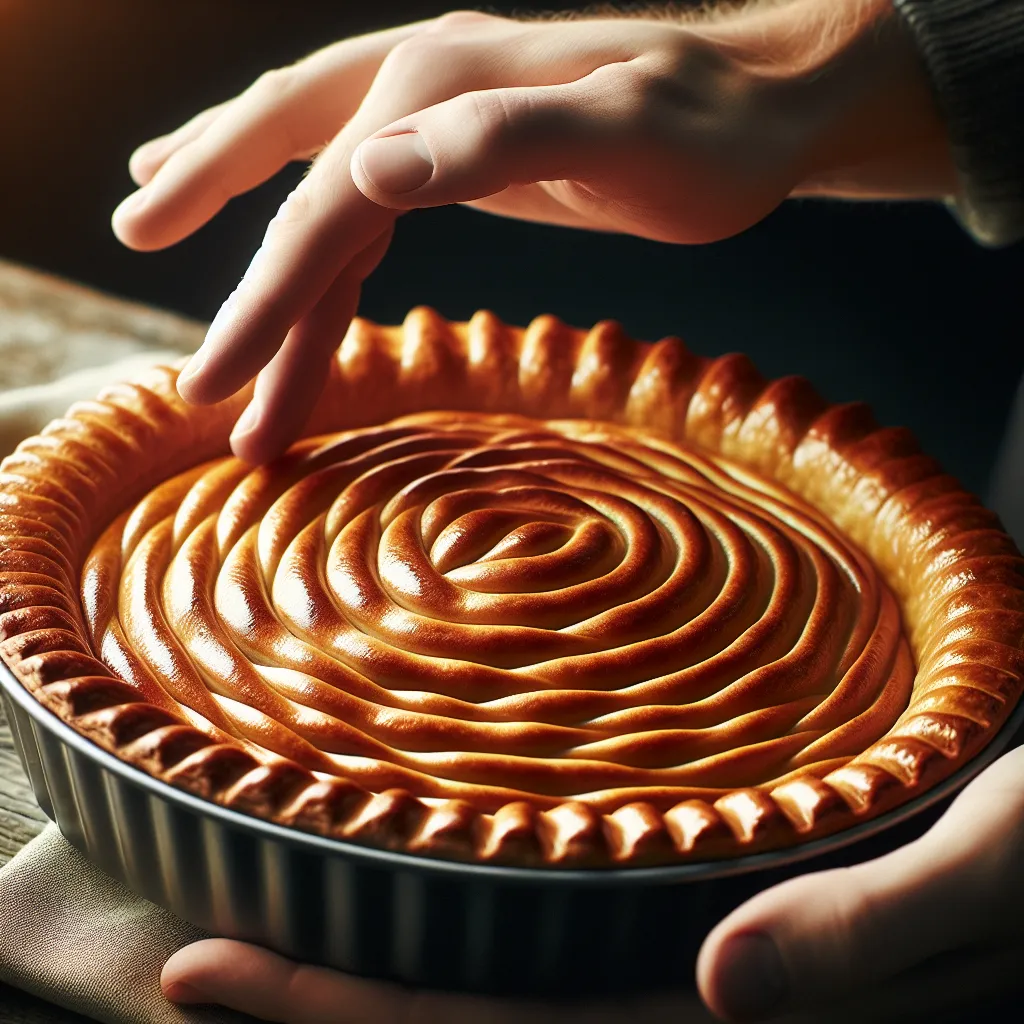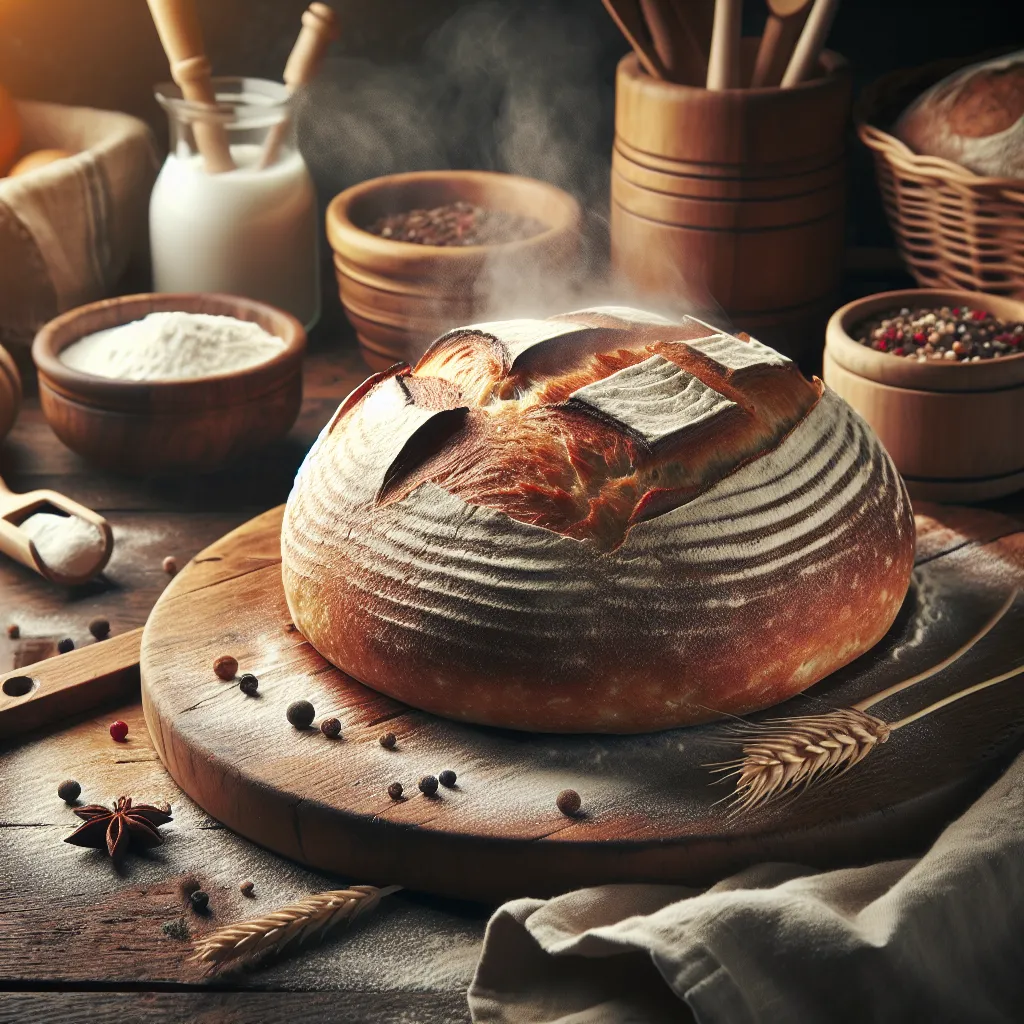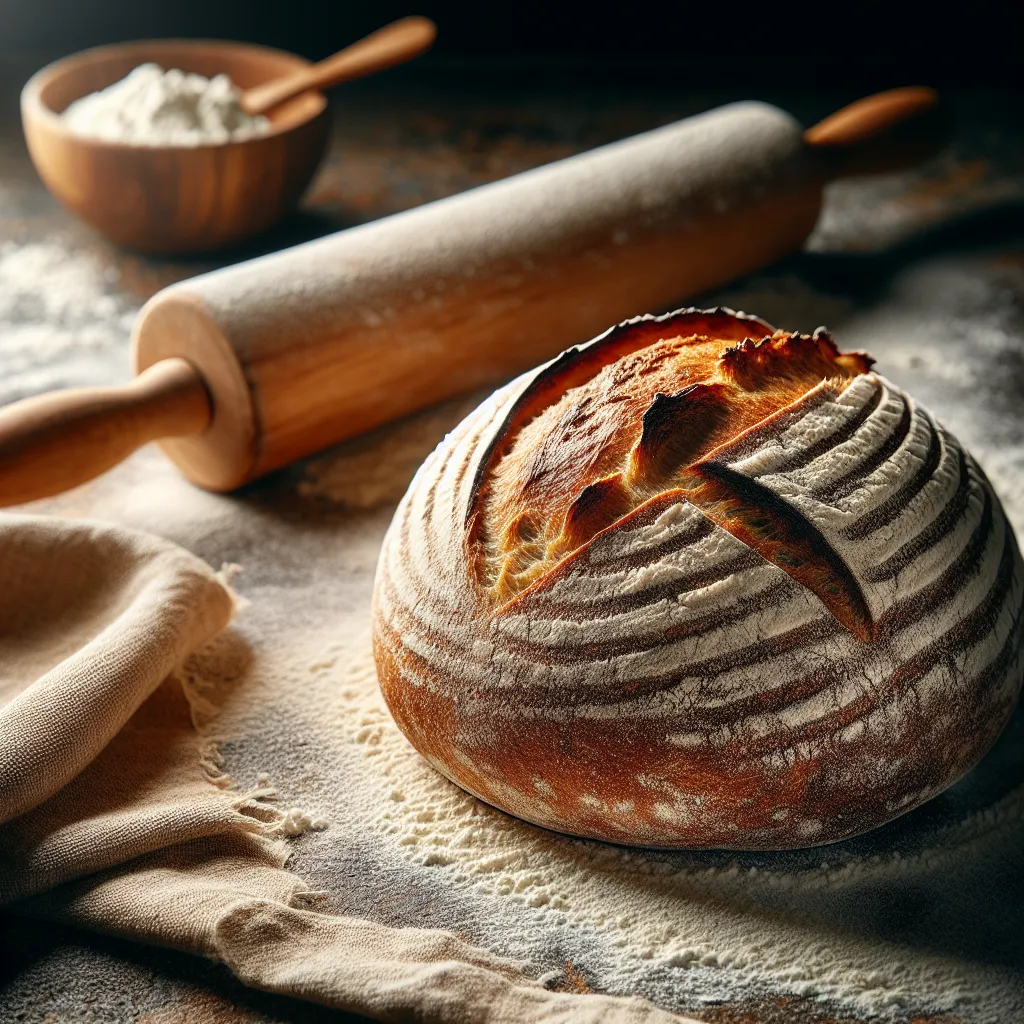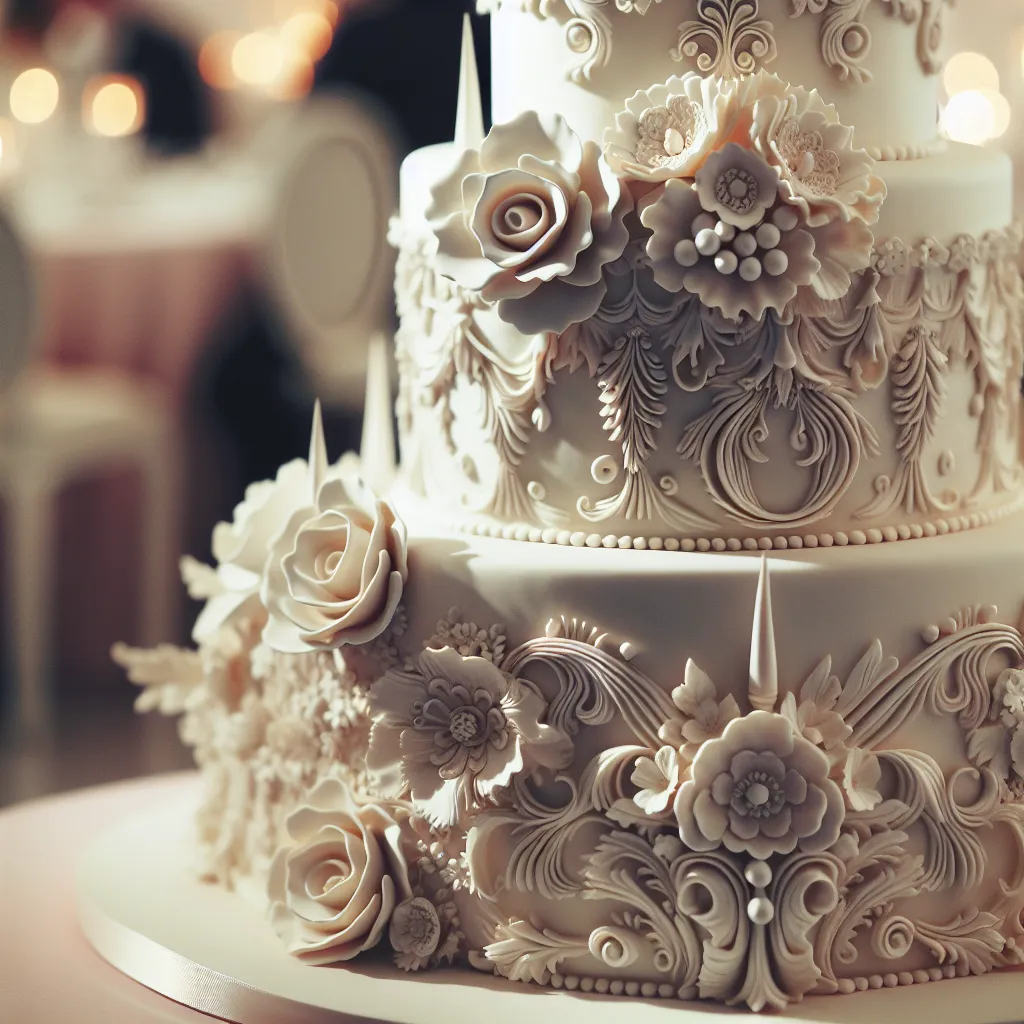The Importance of Precision in Baking
When it comes to the art of baking, precision is key. The importance of precision in baking cannot be overstated, as it can ultimately determine the success or failure of a recipe. Baking is a science, and every ingredient must be carefully measured and every step meticulously followed to achieve the perfect result. Whether it’s measuring the flour, sugar, or leavening agents, even a slight variation can significantly impact the final product.
One of the most critical aspects of precision in baking is accurate measuring. Using a kitchen scale to weigh ingredients, especially flour and sugar, can make a world of difference in the outcome of baked goods. Additionally, using the appropriate measuring tools for both dry and liquid ingredients is essential for achieving the intended texture and consistency.
Furthermore, precise timing is crucial in baking. The difference of just a few minutes in the oven can lead to an undercooked or overbaked dessert. Following the suggested baking times and temperature recommendations in a recipe is imperative for the perfect outcome.
In conclusion, mastering the art of baking requires a meticulous attention to detail and a commitment to precision. By carefully measuring ingredients, following instructions, and keeping a close eye on timing, aspiring bakers can elevate their skills and create delicious treats with consistency.
Exploring Essential Baking Techniques
Exploring essential baking techniques is the foundation of mastering the art of baking. Whether you’re a novice or an experienced baker, understanding the fundamental techniques is crucial for creating successful bakes. One of the key techniques to master is the method of creaming butter and sugar. This process creates air pockets in the batter, resulting in a lighter texture. Another essential technique is the proper way of measuring ingredients. Precise measurements are vital in baking to ensure the perfect balance of flavors and textures. Additionally, understanding the science behind leavening agents like baking powder and baking soda is essential for achieving the right amount of rise and texture in your baked goods. Lastly, mastering the art of kneading is crucial for bread making, as it develops gluten and creates the desired texture. By exploring and honing these essential baking techniques, you can elevate your baking skills and create delicious treats with confidence.
Elevating Your Baking Skills with Flavor Combinations
One of the most exciting aspects of mastering the art of baking is learning how to elevate your skills with creative flavor combinations. While mastering the basics of baking is essential, taking your creations to the next level often involves experimenting with different flavors and ingredients to create unique and delicious treats. Whether you’re a seasoned baker or just starting out, understanding how different flavors work together can help you unleash your creativity in the kitchen.
When it comes to flavor combinations in baking, the possibilities are endless. A classic example is the marriage of rich, dark chocolate with tangy, sweet raspberries. This combination creates a harmonious balance of flavors that can elevate a simple chocolate cake to a gourmet dessert. Similarly, the warmth of cinnamon combined with the bright acidity of apples can transform a basic muffin into a delightful autumnal treat.
Exploring flavor combinations also opens up opportunities to experiment with international cuisines and ingredients. For example, adding matcha powder to a traditional vanilla cake batter can infuse it with a subtle, earthy flavor that is commonly found in Japanese desserts. Similarly, incorporating cardamom and rose water into a buttercream frosting can evoke the fragrant and exotic flavors of Middle Eastern sweets.
As you continue to explore and refine your baking skills, don’t be afraid to think outside the box and try unconventional flavor combinations. Mixing unexpected ingredients like lavender and lemon, or sea salt and caramel, can lead to surprisingly delicious results that set your creations apart from the ordinary. The key is to start with a solid understanding of the fundamental flavors and then fearlessly experiment to discover new and exciting taste sensations.
Ultimately, mastering the art of baking is not just about following recipes – it’s about understanding the intricacies of flavor and using that knowledge to create extraordinary desserts that delight the senses. By honing your skills in flavor combinations, you can unlock a world of possibilities and take your baking to new heights of creativity and deliciousness.




